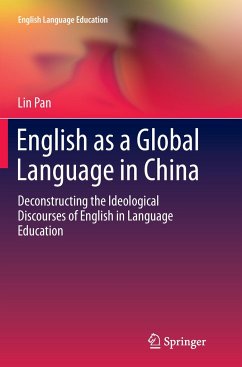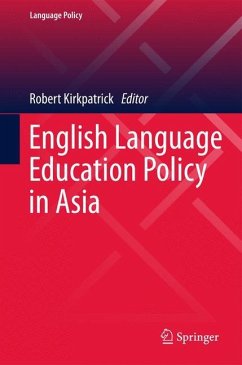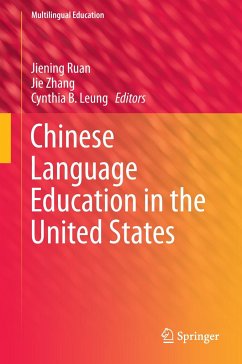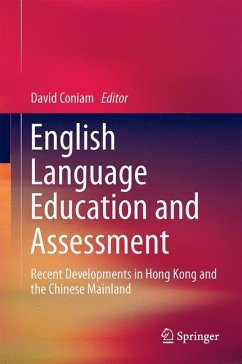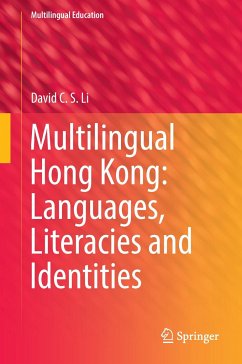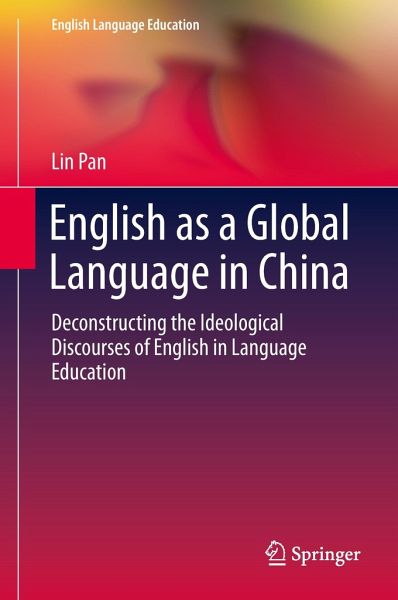
English as a Global Language in China
Deconstructing the Ideological Discourses of English in Language Education
Versandkostenfrei!
Versandfertig in 6-10 Tagen
38,99 €
inkl. MwSt.
Weitere Ausgaben:

PAYBACK Punkte
19 °P sammeln!
This book offers insight into the spread and impact of English language education in China within China's broader educational, social, economic and political changes. The author's critical perspective informs readers on the connections between language education and political ideologies in the context of globalizing China. The discussion of the implications concerning language education is of interest for current and future language policy makers, language educators and learners. Including both diachronic and synchronic accounts or China's language education policy, this volume highlights how ...
This book offers insight into the spread and impact of English language education in China within China's broader educational, social, economic and political changes. The author's critical perspective informs readers on the connections between language education and political ideologies in the context of globalizing China. The discussion of the implications concerning language education is of interest for current and future language policy makers, language educators and learners. Including both diachronic and synchronic accounts or China's language education policy, this volume highlights how China as a modern nation-state has been seeking a more central position globally, and the role that English education and the promotion of such education played in that effort in recent decades.





